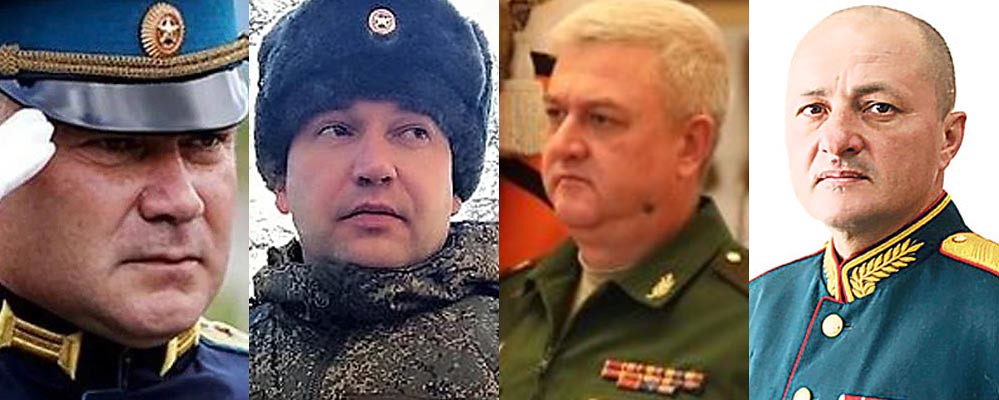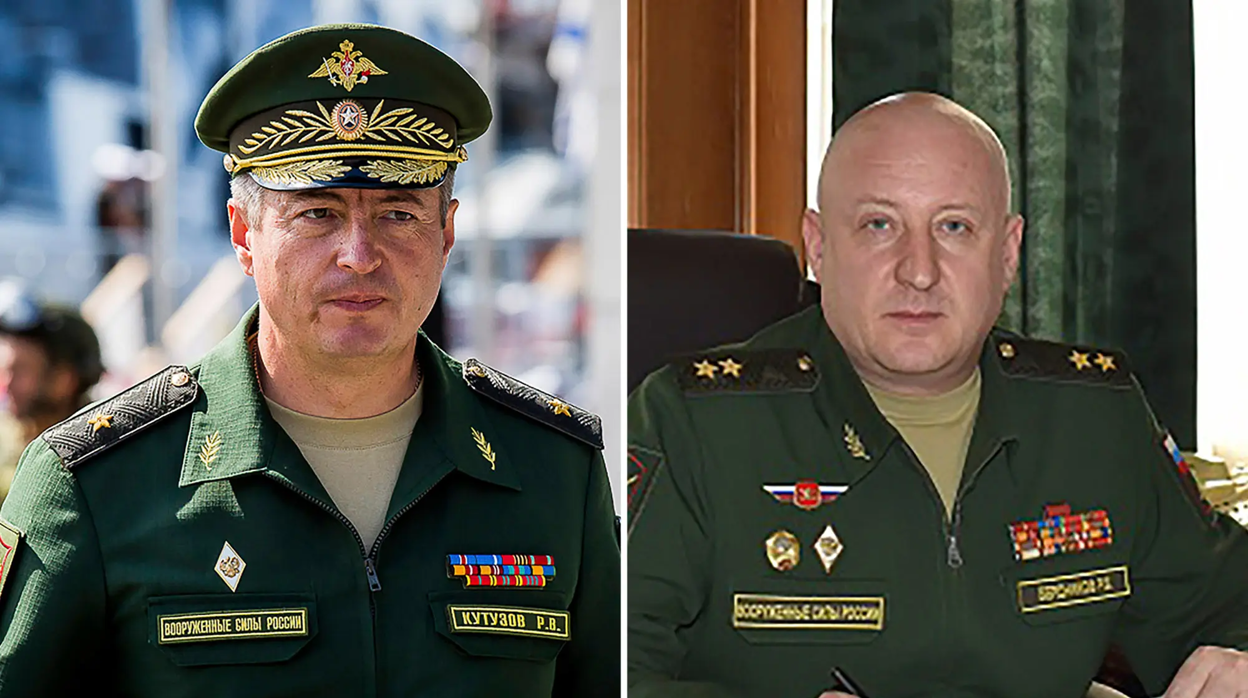Books and experience are always neglected.
So, why did Hamas attack the villages, cooperatives and small military posts in central and southern Israel with an unleashed and ferocious venom and hatred in the early hours of Saturday, October 7, 2023 until the next day, when they withdrew or were evicted.

Because we don’t learn from books, because we are not born with experience and, what is worse, we have to earn it hard way. And, ultimately, because history repeats itself and you have to be very special to learn from the experience of others. Although, reasoning, we understand it well!!
But, there are those who believe that reasoning is the way or means to make a mistake with Conviction.
No guerrilla is harmless or irrelevant.
It is now worth dedicating a few paragraphs to a guerrilla “liberation conflict”, which could not win its war. But he managed to bring the conflict to a situation of impasse, stalemate, lack of commitment and loss of interest from his metropolis.
Where neither of the two combatants could militarily defeat the other. But, where the guerrillas could endure more time in arms than their metropolis. And time did not wear them down politically or socially. The British government was harassed by its people and by international public opinion to end the war. And, therefore, to give independence to its small colony in the eastern Mediterranean.
In 1925, Great Britain gave “colony” status to the small island of Cyprus, of Greek descent. Whose natives had “the illusion and identity purpose” of uniting socially and politically with Greece, in a political process called “Enosis”.
The Cypriots were good, rough and simple people, mostly peasants and without any military training. In 1955, Cyprus had about 550 thousand inhabitants and the island had only about 9,282 km2 of surface.
Its terrain did not offer special advantages in a guerrilla war. It has two mountainous areas, the Olympau and the Pentadaktilau, which are passable by paved roads everywhere by motor vehicles.
On the other hand, it does not have large and/or dense forests that host guerrilla bases that are welcoming, restorative, protective, and quiet. Where to indoctrinate the people and prepare for the combats and recover from them.
At the beginning of his war to liberate China, in the 1930s, Mao Ze Dong also declared that “a guerrilla focus needed to begin deep within a large country to prosper.” At the beginning of the communist rebellion, at the end of the 1920s, when he and the communists were even, the Kuomintang Chinese Army gave them a hard time and, in addition, Chiang Kai Shek was advised by German soldiers.
Finally, in October 1934, the communists left southern China and moved on a 12,500 km Great or Long March. and 370 days to Yenan, in the distant province of SiangXi, fighting along the way. Where 8,500 guerrillas and families arrived in October 1935, of the 150 thousand who left their crushed bases in southern China.
They were that disaster or annihilation.
Tactical Tables and Strategic Victory of Guerrillas.
From Nicosia, English troops can be transported by motor vehicle to any part of Cyprus within two hours. For the evacuation of the wounded or the transport of a patrol (a team or section), the English already had helicopters.
The limited size of the island allowed the English to thoroughly attack any part of it and at any time of the year.
In the early 1950s, Georgios Grivas, a retired colonel in the Greek Army, carried out a personal reconnaissance of Cyprus, to assess the possibilities of waging a guerrilla war against British domination of his homeland. In 1954, at the age of 56, he moved to the island, where he organized and led the E.O.K.A. ((Cypriot National Struggle Organization), using the code name “Dighemis”. The fighting began on April 1, 1955 and lasted 46 and a half months.

The strategy, tactics and methods or techniques of guerrilla warfare were adapted to Cyprus. And that is the reason for the success achieved in that theater of operations.
There were two main offensive actions used by the guerrillas: sabotage of government facilities and means and surprise attacks, limited in their power and carried out by forces trained in maneuver, against the English troops. Both actions were limited at the beginning, due to a lack of trained personnel and a shortage of materials. Soon mines or, rather, improvised explosive devices (IEDs) began to be used quite a bit.
Excellent preparation and complete surprise of the enemy, together with the skillful leadership of the guerrillas, were the necessary characteristics for the success of the actions.
The British troops found themselves faced with irregular guerrilla fighting, without the slightest preparation for it. And they were not up to the task either tactically or organizationally. Thus, they needed a long period of preparation and training before they could attack the guerrillas. Which was equivalent to enduring some failures for a while.
For example, the British thought that the guerrillas were hiding in towns. Actually, they were hiding in the countryside, the mountains, literally “under the stones.”
British exploration did not know how to detect guerrilla hiding places. And, its discovery could mean falling into a trap: receiving fire from an unknown nearby position, suffering an explosion in the position supposedly occupied by guerrillas.
The British Army worked in platoons. It was the minimum tactical unit, because it could maneuver and operate on its own in the Micro terrain. And it was made up (this is just an example of a large one) of a light machine gun with its shooter and one or two loaders/defenders, a light anti-tank rocket launcher and a loader/defender, a leader and a second leader and two teams of two. men each. United and compacted like this, marching and attacking, they only made themselves more vulnerable to the enemy.
To raise and/or attack the guerrillas, teams or pairs of soldiers have to act, which may or may not be commanded by a corporal.

The section (platoon, in English) or company is divided into a multitude of “small tactical units”, to extend over an area and cover it, through action on the micro-terrain. This is like a zoom and uses the “action unit” and attack distance as appropriate, depending on the enemy target.
By 1959, British forces had found themselves in a quagmire. It was very difficult for them to locate the guerrillas. And, they were not capable of attacking and defeating them either. But, the guerrillas were there, demanding the Independence of Cyprus and Enosis or incorporation into Greece. And, just their armed presence and their small successes represented a tremendous political and social setback for the British.

The guerrillas were like an odorless, colorless and tasteless gas, which permeated everything and reached everywhere.
And, the central reason: the English were not capable of knowing and preparing an effective counteroffensive against the Cypriot forces.
And, the British press accredited and contrasted all this:
The Observer newspaper wrote that Cyprus‘ civil and military authorities had declared EOKA unbeatable. In turn, Marshal Bernard Montgomery said that the EOKA was strategically unbeatable. And the Daily Herald recognized that a field marshal, three generals and 40,000 British soldiers were not capable of defeating the EOKA.
The British agreed to grant independence to their colony and Grivas left for exile in Greece. This was one of the British conditions for the Agreement of Independence. He returned in 1964 and was appointed Chief of the Armed Forces of Cyprus.
THE END.



























